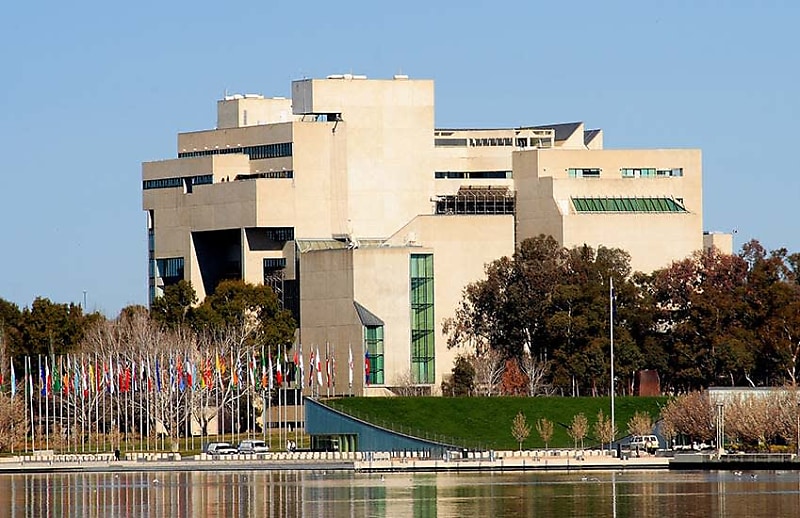On Wednesday, the Full Court of the Federal Court handed down its long awaited decision in Commissioner of Taxation v Bendel [2025] FCAFC 15, unanimously dismissing the appeal by the Commissioner.
The Full Court determined that a loan, as defined in s 109D(3) for the purposes of Division 7A of the Income Tax Assessment Act 1936 (Cth)(1936 Act), requires a transaction which creates, or in substance effects, an obligation to repay an amount.
You’re out of free articles for this month
The Court held that an unpaid present entitlement (UPE) owed by a trustee to a corporate beneficiary did not constitute a “loan”, nor a deemed dividend, under Division 7A.
Law firm Arnold Bloch Leibler, which represented the respondents Steven Bendel and Gleewin Investments PTY LTD, said the Full Federal Court decision had major implications for the ATO's long held views on s 109D(3).
"The Commissioner has applied Division 7A on the basis that a UPE owing to a corporate beneficiary, if left unpaid, could amount to a “loan”, and potentially a deemed dividend, since publishing TR 2010/3," said partner Paul Sokolowski and lawyer Timothy Graham.
"Not only has the Commissioner maintained that view, but it was tightened with the publication of TD 2022/11 in 2022. The Bendel Decision effectively makes these views untenable."
The law firm said in the coming weeks the Commissioner may choose to seek special leave to appeal the Bendel decision to the High Court.
"It is notoriously difficult to predict the outcome of special leave applications. However, with a strong, unanimous full court decision, applying orthodox principles of statutory construction, he may face an uphill battle."
Sokolowski and Graham said it is also possible that the Commissioner will not seek to disturb the Bendel decision but instead "approach Treasury to amend the legislation".
"The final possibility is for the Commissioner to do nothing, gracefully accept the wisdom of the Full Court, move on and when reviewing other cases consider, where appropriate, the suite of integrity measures already at his disposal."
Institute of Public Accountants general manager of technical policy, Tony Greco said given the significant consequences of the Full Federal Court Decision, it would not be a surprise if the case is taken to the High Court.
"It would be up to the High Court to consider an appeal of the decision," he said.
Greco said appealing the decision might also provide the government some more time to consider legislative changes in case the High Court refuses the ATO right of appeal.
Law firm Sladen Legal agreed that the unanimous decision by the Full Federal Court made the "prospect of success more difficult for the Commissioner as there is not a dissenting judgment from which to base the appeal".
"Successful or not, at a minimum an application for special leave may defer decisions on what to do with existing UPEs, including those that arose in the 30 June 2023 income year, until after the lodgment period for the 30 June 2024 income year," said Sladen Legal principal Neil Brydges.
Brydges said while its possible the government could amend Division 7A to specifically include UPEs as section 109D loans, with an election looming, this would likely be a political "no-go zone".
"Any application for special leave, even if unsuccessful, may defer announcements of legislative change (if any) to after the election," he said.

 Login
Login







